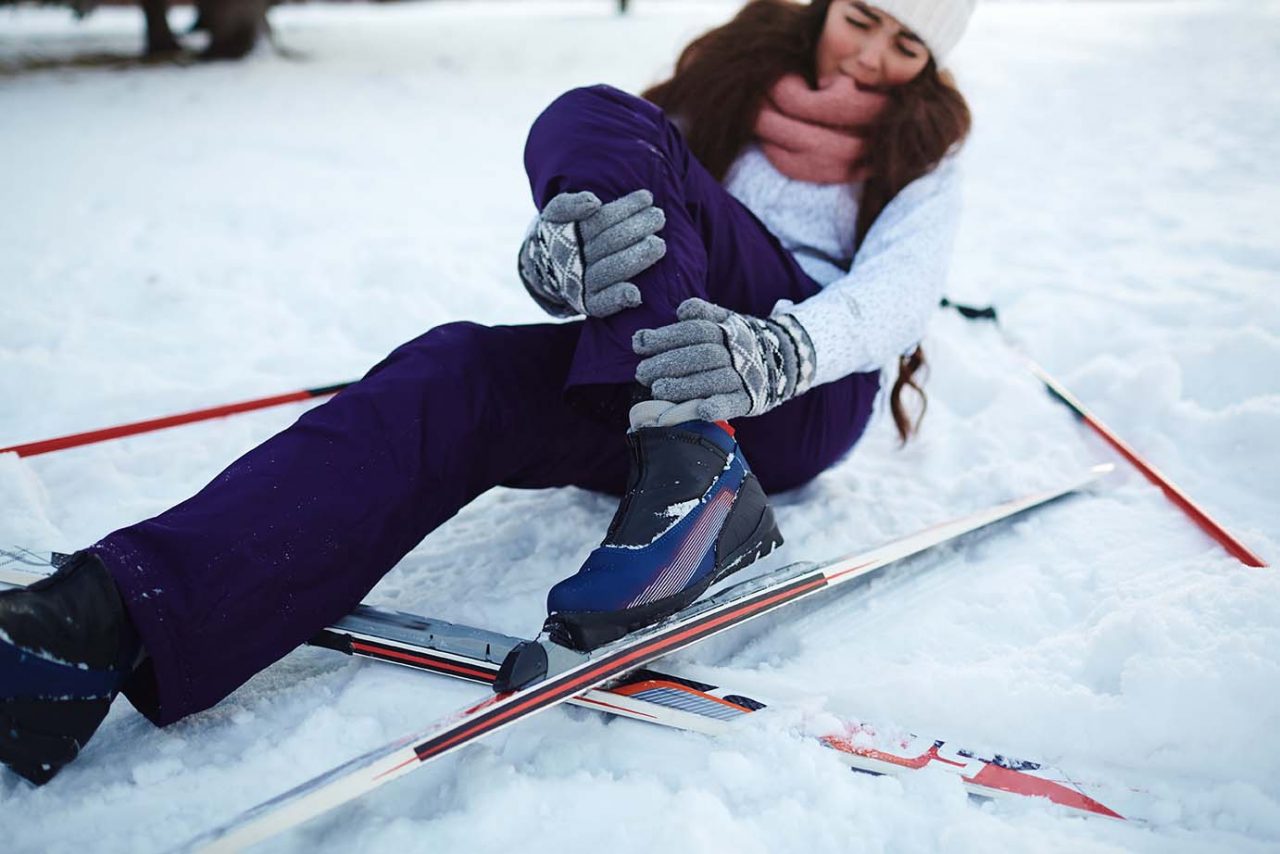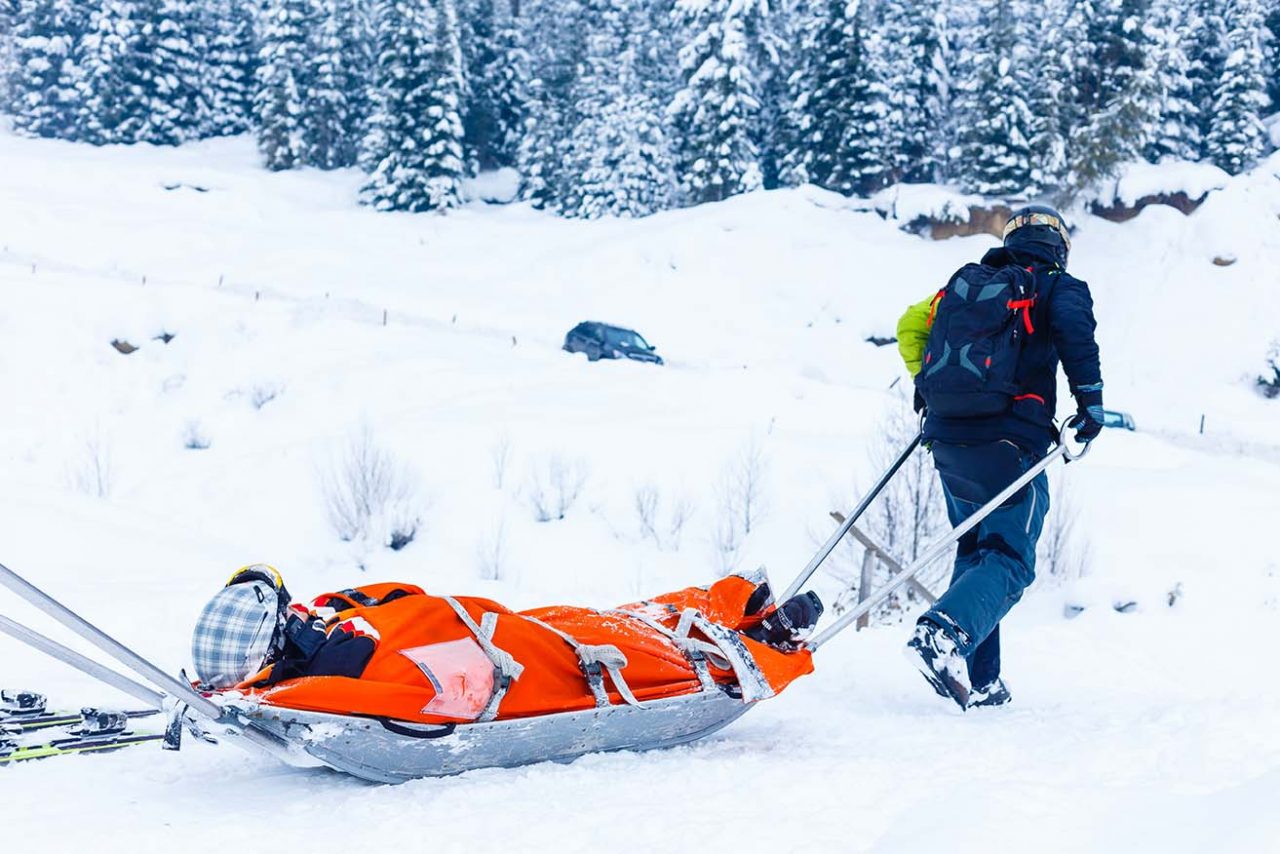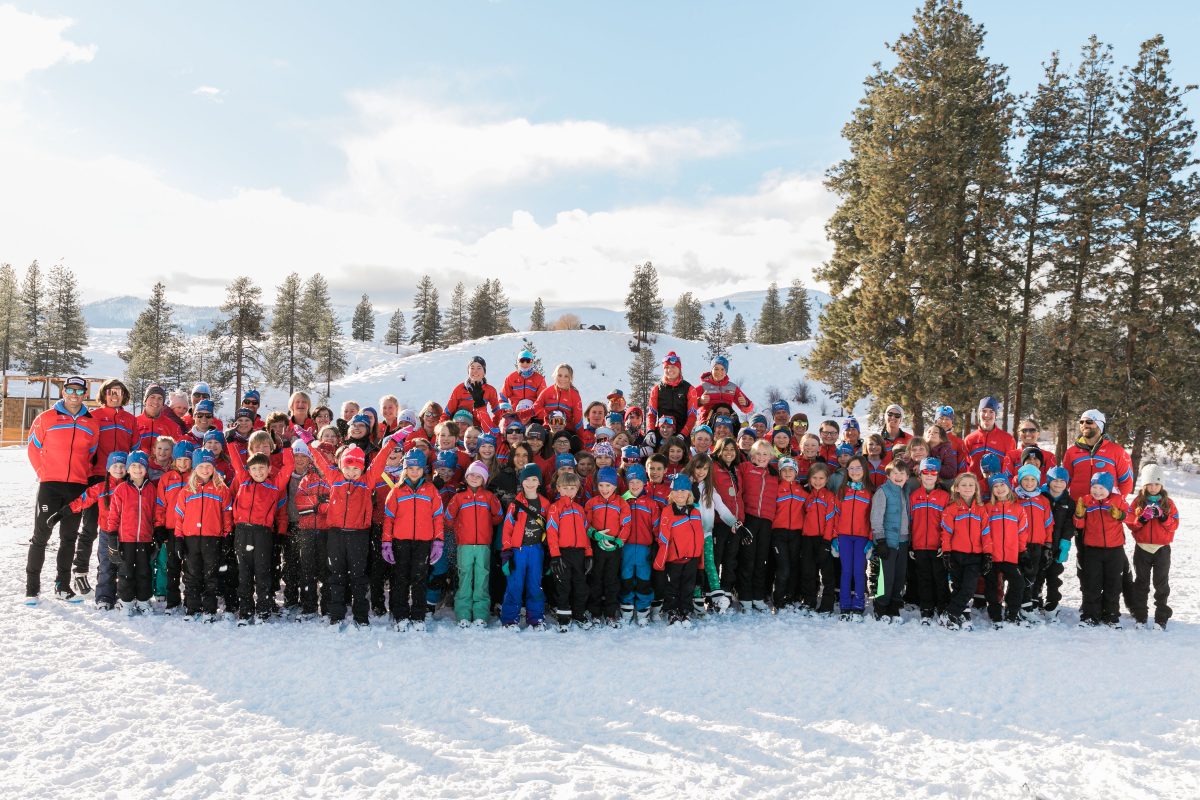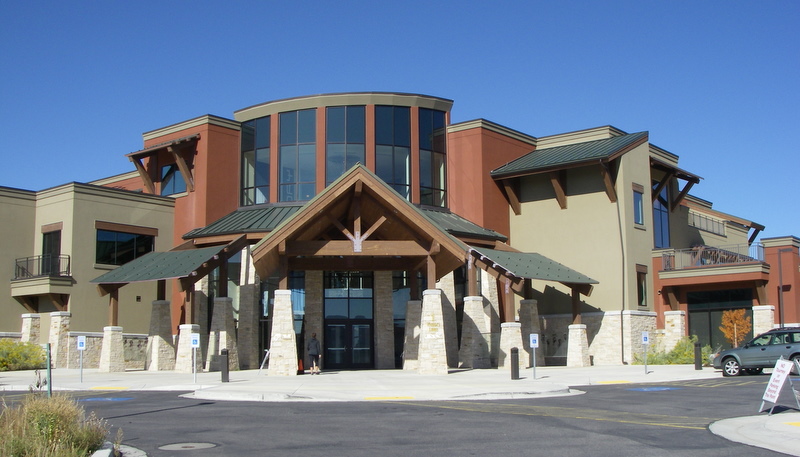
Skiing, particularly cross-country skiing, is one of the most popular winter activities. In this sport, the skier uses their own locomotion to navigate a snow-covered terrain. However, although it can be a fun and enjoyable winter activity, skiing may also result in accidents and injuries. Depending on the extent and severity of the injuries, this unfortunate incident may change your life and that of your family forever.
If you’ve been involved in a ski accident, keep reading this article to learn more about its causes, treatment, and recovery tips.
Ski Accident And Its Causes
As mentioned, a ski accident can turn into a frustrating experience for anyone. When you’re involved in such an unfortunate incident, it may prevent you from enjoying the rest of the season or the holidays. Because of this, it’s important to know some common accidents associated with skiing. These can include the following:
- Collisions: These usually happen when you pass through or stop at an area where you obstruct a trail and collide with a tree, a co-skier, a snowboarder, or any other object.
- Falling: These accidents happen you fall while skiing. Depending on your body’s alignment, the fall may cause serious damage to your body. For instance, keeping your arm behind your body, attempting to get up when your skis are still in motion after the fall, or having your legs fully straightened can worsen the effects of the fall.
Now that you know the common ski accidents that may occur, the next thing you would want to learn is its causes. These are the most common causes of ski accidents:
- Out-of-control snowboarders and skiers
- Ski equipment malfunction
- Failure to wear a helmet
- An unzipped jacket
- Skier’s improper stance
- Downhill segments of the terrain
- The poor condition of ski tracks, including poorly lit signs
- Fatigue and insufficient mastery of skiing technique
As you can see, there are several reasons a ski accident might happen. But, if your accident was caused by another skier’s negligence, you may be able to file a compensation claim with the assistance of an experienced personal injury attorney. With the help of a professional, you’ll have a higher chance of obtaining the legal outcome you deserve.

Ski Accident Injuries And Treatment Options
Depending on several factors, including the extent of the collision’s impact, your ski accident may result in some serious injuries. So, when you’re injured, you need to seek medical treatment to speed up your recovery and return to your normal life.
Below are the common ski accident injuries and their corresponding treatments:
- Lower Back Pain
You can develop lower back pain after repeatedly engaging in cross-country skiing. Moreover, you can also feel pain in your lower back when you have weak core and hip muscles, fail to employ the proper technique, and commit training errors while skiing. When this happens, you should look out for symptoms such as aches in the hips and pelvis, limited mobility, and muscle spasms.
To treat lower back pain, the treatment options can include stretching, physical therapy, using a back brace, oral medications to ease the pain, and many more.
- Knee Injuries
These injuries involve the tearing or spraining of the anterior cruciate ligament (ACL) or the medial collateral ligament (MCL). When your knees are injured during skiing, you may experience symptoms such as persistent pain, popping sounds, swelling, or inability to bear weight.
When it comes to the treatment, the methods usually differ based on which knee part has been injured. For instance, if you sustain a torn ACL, the treatments can include rest, ice, compression, elevation, using knee braces or crutches, oral medications to alleviate pain, and a surgical procedure in more serious injuries. On the other hand, a sprain in the MCL requires formal physical therapy or self-directed exercises like dynamic stretching, oral medications to relieve pain, and surgery in case the injury is severe.
- Wrist Fracture
Another ski accident injury to keep in mind is a wrist fracture. This happens when you put the pressure from your body on your wrist during a fall, thus causes damage to the ligament. Some common indications that you sustained a wrist fracture may include tingling fingers, a deformed wrist, inability or difficulty to use your wrist, pain and swelling, and many more.
To treat a wrist fracture, you may need to use a cast or splint, depending on the severity of the injury. You may also do some exercises and physical therapy for the fracture to heal and recover faster.
- Shoulder Injuries
A ski accident can also cause shoulder injuries. This occurs when the bones in your shoulders fracture or are forced out of place during a fall. However, when this happens, your shoulders may not only be the ones affected. Since the shoulder attaches the arms to the torso, the injury may result in weakened muscles, tendons, or ligaments.
If you experience bruising, numbness, or swelling, it can be a sign of a shoulder injury that needs treatment from an orthopedist, physical therapy, and reconstructive surgery in serious cases.
Ski Accident Injury Recovery Tips
By now, you should already be familiar with the common ski accident injuries and their treatment options. Hence, it’s time to educate yourself with these recovery tips after sustaining an injury in a skiing accident:
- Seeing your doctor to get a professional opinion about your injury and receive the right treatment;
- Following your doctor’s orders to set you up for faster healing and recovery
- Getting enough rest to allow the process of damage repair;
- Eating a healthy diet and staying hydrated to obtain the proper nourishments and speed up the recovery process;
- Taking care of your mental health to boost your motivation to keep track of your recovery efforts.
Bottom Line
Indeed, cross-country skiing can be a fun winter activity for individuals and families. However, you should also be aware of the possible risks you’ll be exposed to. Therefore, if you’re a skiing enthusiast, keep the information above in mind so you’ll be aware of the accident risks associated with the sport. By doing this, you can prevent yourself from getting injured or be prepared on what to do in case an accident happens.



